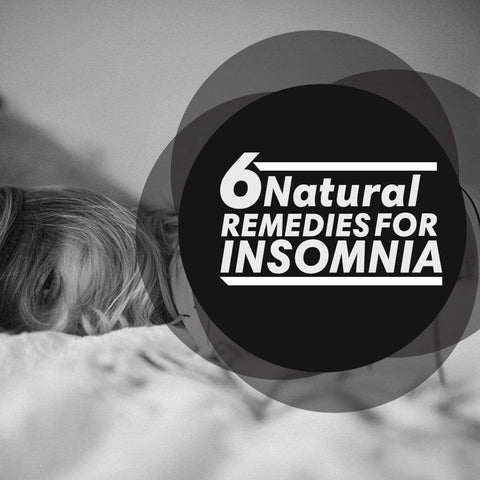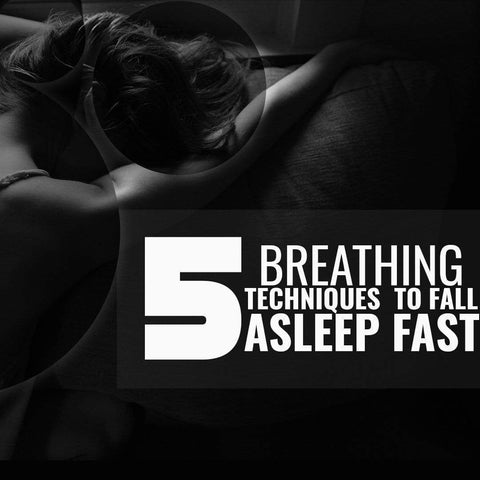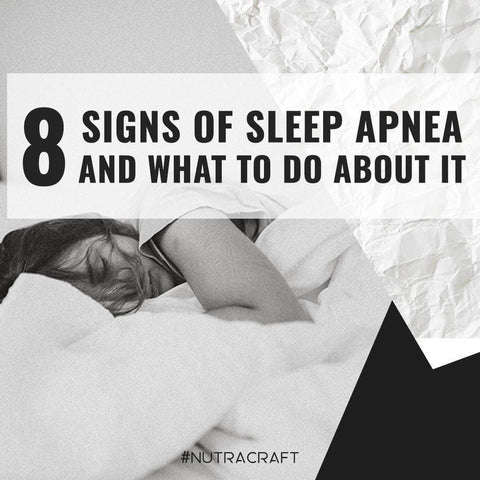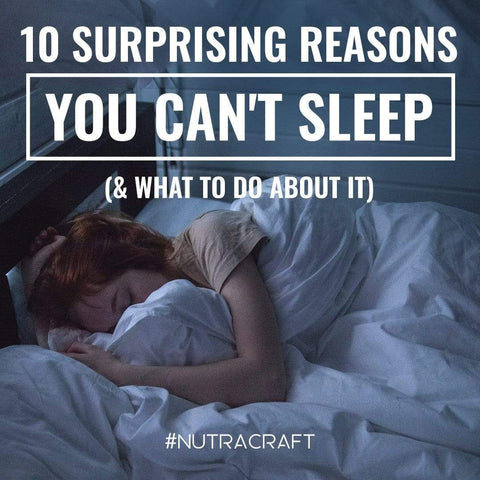A new study has given us a shocking glimpse of what goes on inside the brain when we don’t get enough sleep.
And the results from this study are deeply related to two health concerns that are endemic in America and some of the developed world.
Insomnia and Alzheimer’s

Sleeplessness and Alzheimer’s are major concerns for many of us in the modern world.
Alzheimer’s is a horrifying disease that steals your memory and self-control, and eventually kills you. And more and more people are getting Alzheimer’s. Researcher’s expect the number of people who have Alzheimer’s worldwide to climb from 420 million to one billion by 2030 1.
Insomnia and the stress that contributes to it also occur frequently nowadays. And unfortunately, insomnia is correlated with increased Alzheimer’s risk 2†.
So could this new study give us insights as to how sleeplessness can negatively affect our brains?
The Consequences of Sleeplessness: Alzheimer’s and More?
Scientists have gained valuable info on how insomnia alters the brain from a 2017 study in the Journal of Neuroscience.
It should be noted that this study was completed on rats. But you might be surprised that some of the ways our human bodies work can be similar to those of rats.
This is a Rat’s Brain on Insomnia

When you sleep at night, your brain clears out toxic metabolic waste that builds up around your neurons during the day. You can think of it as a cleansing and detoxification of your brain.
Researchers have found that this “cleansing” goes into overdrive and is less regulated during periods of sleep deprivation 3†. This unruly cleansing causes damage to the brain.
What causes this damage? Specialized cells in your brain called astrocytes are involved in the repair of brain tissue, but when insomnia takes hold, these cells excessively eat away at the synapses of your brain cells 3†.
So if too many of your synapses are eaten up, that’s not a good thing!
Exclusive Bonus! Download the FREE report ‘3 Key Steps to a Deep Restful Sleep’ by clicking here.
Additional Destruction
Another type of cell, microglial cells, become overactive because of insomnia 3†.
Microglial cells act as part of the immune system of your brain. They clear out dangerous bacteria, viruses, and also damaged neurons.
But when they’re too overactive, they can destroy neurons that you need. Researchers know that microglial cells play a role in neurodegenerative diseases like Alzheimer’s, producing toxic inflammation and killing off many needed neurons 4†.
Researchers in the rat study warn that when microglia become overactive, they “may predispose the brain to further damage” 3†.
Save Your Brain From Being Eaten

In addition to the study on rats, researchers know that losing sleep prevents the healthy growth of neurons in the brain and induces harmful inflammation that activates cells to cause destruction in the brain 5.
Also, your brain has “an internal plumbing system rids the brain of toxic wastes” while you sleep 6. So sleep is also important for detoxifying your brain.
When you’re well rested, the cells that are meant to protect and repair your brain are calmer and more regulated. But things get out of hand when you don’t get rest.
Now that you know more reasons why not sleeping is bad for you...
Want better sleep?
Are you concerned about the addictive nature of most prescription and non-prescription sleep aids on the market today?
If so, you’re in the right place.
Our just-released guide details three easy steps you can follow to help you fall asleep fast, stay asleep longer and wake up refreshed and ready to start your day.
Forget the old-fashioned advice like counting sheep, this guide contains real, clinically-researched tips that can help you enjoy a deeper, more relaxed sleep without the need for harsh prescription drugs or habit-forming sleep tabs.
Click here to download the FREE ebook, for a limited time.









